tips on sustainability and social impact in small biz with deadly denim
You can choose to put purpose first.
 So you want to start a business, or maybe you’re running one as we speak, but there’s a nagging feeling that you’re missing – what’s the word? – purpose. Impact. Sustainability goals. You want to bring your idea to life without, you know, compromising the environment or exploiting sketchy foreign labour laws. Good for you!
So you want to start a business, or maybe you’re running one as we speak, but there’s a nagging feeling that you’re missing – what’s the word? – purpose. Impact. Sustainability goals. You want to bring your idea to life without, you know, compromising the environment or exploiting sketchy foreign labour laws. Good for you!
We sat down with Rebecca Rickard, the founder of Nyungar fashion label Deadly Denim, to chat circular fashion, sustainability and social impact – and why it’s not as complicated as you might think. Here are her top tips for going green(er). START WITH PURPOSE You’ve got two choices as a small-business owner: start with product, or start with purpose. Either build an awesome thing and worry about sustainability later, or get some values nailed down first, and let everything flow from there. “I definitely work purpose-first,” says Rebecca. “It’s the centre of everything we do.” Deadly Denim takes recycled denim jackets from Boorloo (Perth) op shops and works with local Indigenous artists to create one-of-a-kind, low-impact fashion pieces. Even the fabric scraps get reused – Rebecca donates them to a sewing group at a women’s correctional facility.
START WITH PURPOSE You’ve got two choices as a small-business owner: start with product, or start with purpose. Either build an awesome thing and worry about sustainability later, or get some values nailed down first, and let everything flow from there. “I definitely work purpose-first,” says Rebecca. “It’s the centre of everything we do.” Deadly Denim takes recycled denim jackets from Boorloo (Perth) op shops and works with local Indigenous artists to create one-of-a-kind, low-impact fashion pieces. Even the fabric scraps get reused – Rebecca donates them to a sewing group at a women’s correctional facility. PUT YOURSELF OUT THERE Part of Deadly Denim’s success (the brand started with a market stall in 2018 and now gets invites to international fashion weeks) has been collaboration. As a Nyungar business owner, Rebecca says community has really kick-started her sustainability journey. “Being a Nyungar woman and business owner, I naturally work collectively with other Indigenous artists and creatives, and we always share opportunities together.” In other words, don’t be afraid to reach out to brands or labels you admire. Network, pick their brains and suggest collaborations. You never know where a simple direct message might lead.
PUT YOURSELF OUT THERE Part of Deadly Denim’s success (the brand started with a market stall in 2018 and now gets invites to international fashion weeks) has been collaboration. As a Nyungar business owner, Rebecca says community has really kick-started her sustainability journey. “Being a Nyungar woman and business owner, I naturally work collectively with other Indigenous artists and creatives, and we always share opportunities together.” In other words, don’t be afraid to reach out to brands or labels you admire. Network, pick their brains and suggest collaborations. You never know where a simple direct message might lead. DON’T BE AFRAID OF LEARNING When Rebecca started Deadly Denim, she didn’t know much about ‘circular fashion’. But at least she knew she didn’t know much. So she set out to learn. She enrolled in a fashion course at Curtin University, and did online programs with organisations such as Redress and the Ellen MacArthur Foundation. “It was an eye-opener,” she admits, “and it egged me on to keep going. There’s so much to learn, and I’m finding the more I go on, the more room there is for improvement.” Rebecca says podcasts and Instagram are a great source of sustainability tips. “Like seeing Yarli Creative’s collaboration with Hero Packaging pop up in my feed. For me, it was a reminder, like, yeah you need to get onto that!”
DON’T BE AFRAID OF LEARNING When Rebecca started Deadly Denim, she didn’t know much about ‘circular fashion’. But at least she knew she didn’t know much. So she set out to learn. She enrolled in a fashion course at Curtin University, and did online programs with organisations such as Redress and the Ellen MacArthur Foundation. “It was an eye-opener,” she admits, “and it egged me on to keep going. There’s so much to learn, and I’m finding the more I go on, the more room there is for improvement.” Rebecca says podcasts and Instagram are a great source of sustainability tips. “Like seeing Yarli Creative’s collaboration with Hero Packaging pop up in my feed. For me, it was a reminder, like, yeah you need to get onto that!” GET YOUR FINANCES SORTED It’s hard to run a low-impact social enterprise when you’re keeping all your receipts in a Tupperware box under the bed. Deadly Denim now has a successful online store, not to mention a 10-foot vintage caravan, which Rebecca’s planning to renovate and drive across regional Western Australia delivering workshops. To avoid financial chaos, Rebecca uses a combination of Xero and Square – luckily both systems talk to each other seamlessly. “My least strong skillset is accounting,” she admits, “so Xero has been an amazing tool. It’s been a lifesaver when it comes to invoicing for workshops.” The key to sustainability is measurement: if you want to change, you first need to track where your money is going. Bonus: Xero was certified carbon neutral in 2021. So that’s a big win right there.
GET YOUR FINANCES SORTED It’s hard to run a low-impact social enterprise when you’re keeping all your receipts in a Tupperware box under the bed. Deadly Denim now has a successful online store, not to mention a 10-foot vintage caravan, which Rebecca’s planning to renovate and drive across regional Western Australia delivering workshops. To avoid financial chaos, Rebecca uses a combination of Xero and Square – luckily both systems talk to each other seamlessly. “My least strong skillset is accounting,” she admits, “so Xero has been an amazing tool. It’s been a lifesaver when it comes to invoicing for workshops.” The key to sustainability is measurement: if you want to change, you first need to track where your money is going. Bonus: Xero was certified carbon neutral in 2021. So that’s a big win right there.  YOUR INDUSTRY DOESN’T MATTER Even if you’re working in an unsustainable industry, like fashion, there are always ways to boost your social and environmental impact. Deadly Denim obviously promotes slow fashion and upcycled garments, but it also runs sewing workshops for women’s refuges and local community organisations. The brand is even looking into biodegradable packaging. The point is: your industry doesn’t really matter. You’re never too small to make a difference. “Remember to look at your whole product journey,” Rebecca says. “It really is from the very beginning: from the design process, right down to where the cotton is grown. The good thing is that running a business is open-ended. Things can change and evolve. There’s no door you can’t knock on.”
YOUR INDUSTRY DOESN’T MATTER Even if you’re working in an unsustainable industry, like fashion, there are always ways to boost your social and environmental impact. Deadly Denim obviously promotes slow fashion and upcycled garments, but it also runs sewing workshops for women’s refuges and local community organisations. The brand is even looking into biodegradable packaging. The point is: your industry doesn’t really matter. You’re never too small to make a difference. “Remember to look at your whole product journey,” Rebecca says. “It really is from the very beginning: from the design process, right down to where the cotton is grown. The good thing is that running a business is open-ended. Things can change and evolve. There’s no door you can’t knock on.”
These helpful tips were brought to you in partnership with our pals at Xero. Whether you lead a small team or are going it alone, Xero’s online accounting helps you do business, but better.

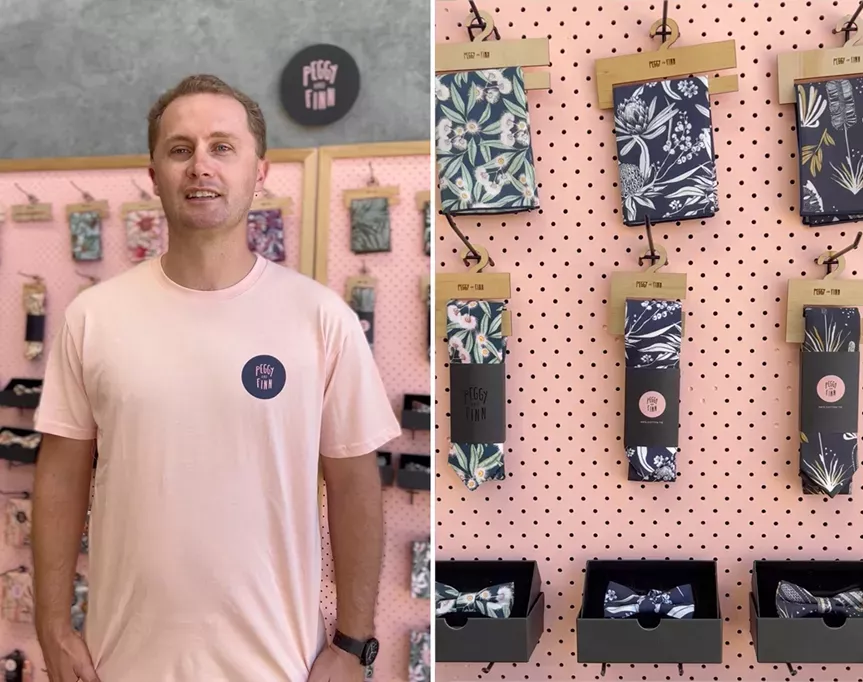
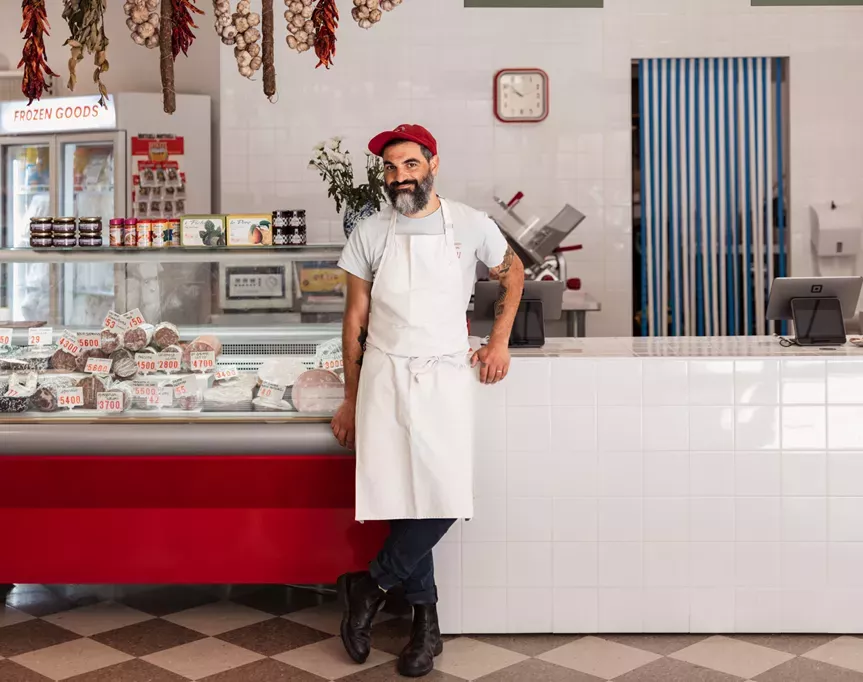
.png&q=80&h=682&w=863&c=1&s=1)
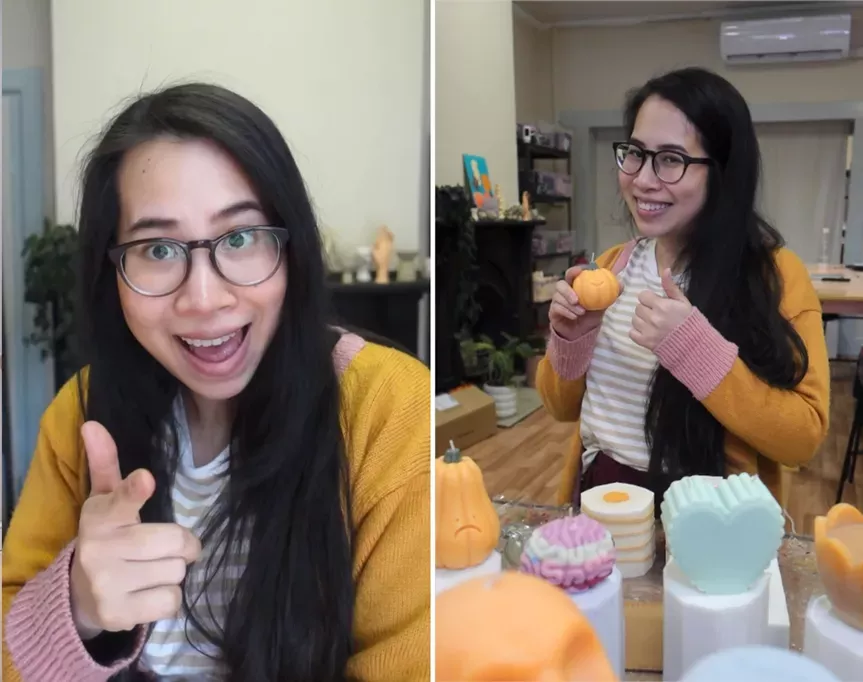

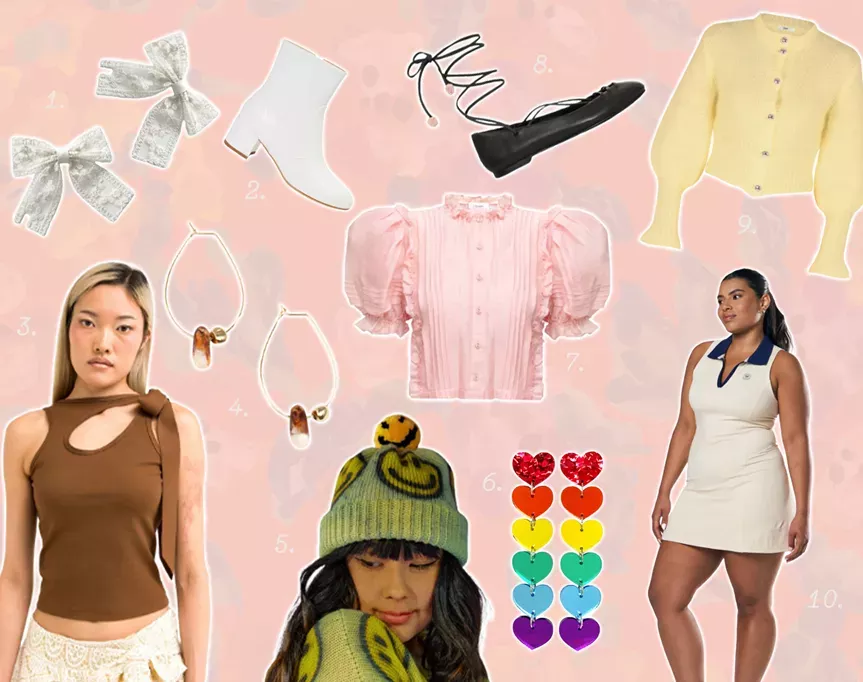
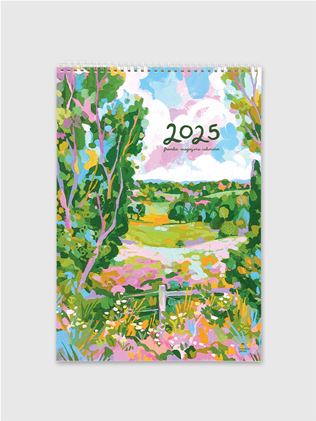
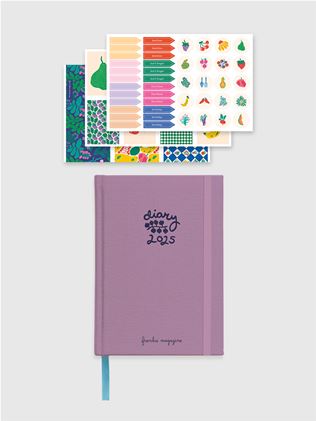
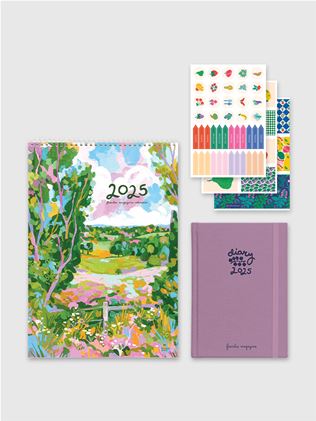
.jpg&q=80&w=316&c=1&s=1)


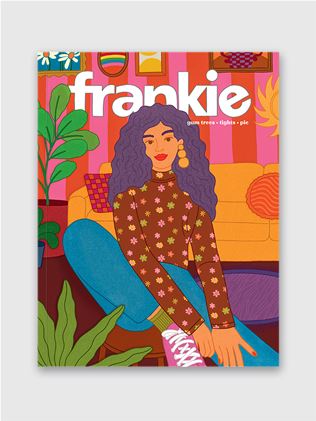
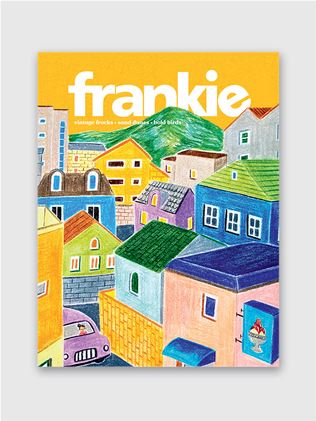


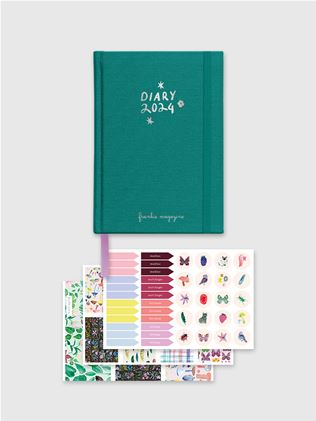



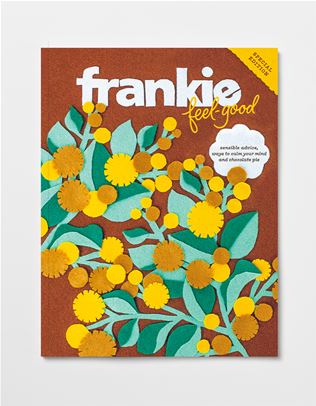






.jpg&q=80&w=316&c=1&s=1)










